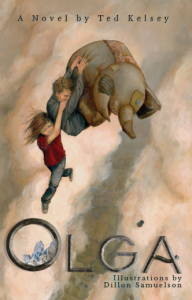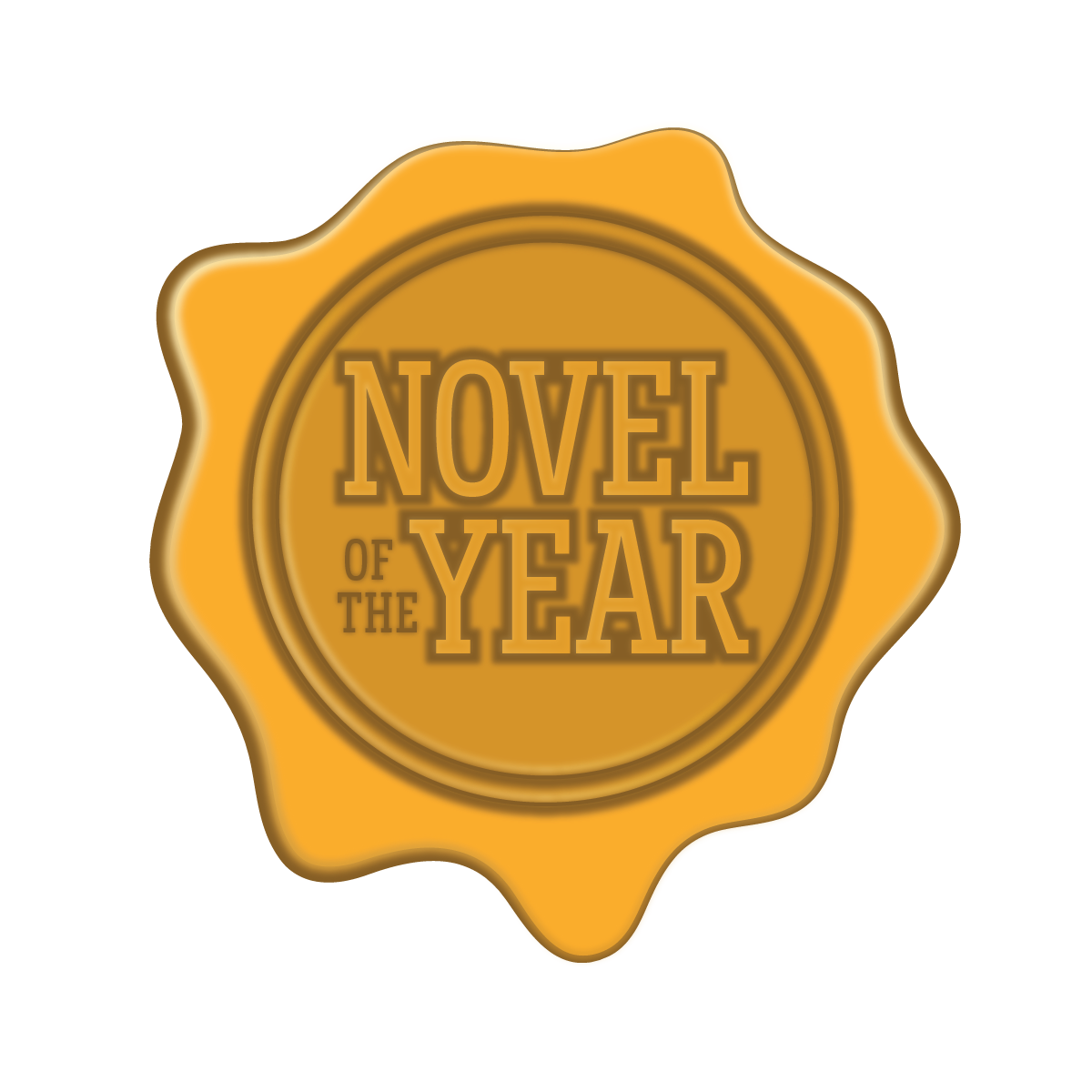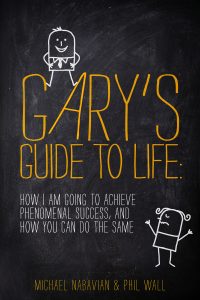The Rundown
The Recommendation
The Rating
The Links
The Reviewer
Renee Miller
Visit Renee Miller‘s website.This might not be a popular article, because this is a place where we celebrate independent authors and self-publishing. I’m an indie author, and (in my opinion) the only reason I’ve had success is because I self-published, so I’m not saying it’s not a good thing. However, if you think this is the easy route, well, sit down, dear. We’ve got some shit to discuss.
Indie is wonderful and liberating and fascinating, but it rarely makes a person rich or famous and there's no one checking for quality. I guess publishing traditionally doesn’t make you rich either, but it tends to happen more often in this case, probably because authors have a team of people working behind them. Whichever path you choose, success requires that you, the author, does all or most of the work, particularly when it comes to marketing.
But marketing and which path to choose is not the topic of today’s discussion. Maybe it’s just that I’m reading more posts in writing groups this week, but I’ve seen a lot of comments/rants about not needing to have a firm grasp of self-editing, because “that’s what editors are for.” Really? I’ve also read bits and pieces saying that readers don’t care about typos, and they don’t care about plot or research as long as the characters are likable. In other words, if they like your characters, nothing else matters. Really?
The most troubling posts, though, are the ones where folks claim that being a good writer doesn’t matter, because in self-publishing, there’s a market for everything. In other words, these guys are too lazy to try to better themselves. Someone will read it, so why bother?
More and more I believe that a lot of people seem to think they have nothing to learn and/or no reason to improve your writing skills. To them I say, get over yourself. Even the best writers can and should strive to be better. This is why I think everyone should submit to a pro market. (a magazine or publisher who pays pro rates) If you think editors are there to fix your shitty writing, let me know how subbing turns out for you. Unless you find a very generous soul, and most editors aren't feeling generous when they go through a slush pile, it won’t go as well as you think it will.
Every single writer out there would benefit from submitting to a publisher or magazine that pays, even if that’s not the route you plan to take in the end. Why? Because unlike your friends and some of these writing groups, there’s no circle jerking, ego-soothing or back patting in the submissions process. If you’re good, you do well. If you’re not, you don’t. Hell, even if you’re good, sometimes you don’t do well. Sometimes you get feedback, which you should use to make your writing better. More often, it’s a simple rejection. No reason given. In this case, you should look at what you wrote and figure out why they said no thanks.
We all need a reality check sometimes and subbing to paying markets gives us that. If you’re very lucky, it might be the spark you need to get this writing career you’re working on off the ground. You might be a good writer and still get rejected. It doesn’t mean the system is screwed up. More often it means there were better writers submitting, so you need to improve your game.
Some of you will be all, “No thanks,” to the submitting thing. That’s fine. Don’t do it. DO make sure you’re not publishing shit. In the end, it’s going to bite you in the ass.
None of us is a perfect writer. Not even those lucky devils making millions. That doesn’t mean we shouldn’t try to get as close to perfection as we can. Readers do NOT ignore sloppiness or laziness, contrary to the belief of those I mentioned before. They’re smart and they’re paying for your book, so show some respect and give them your absolute best.









